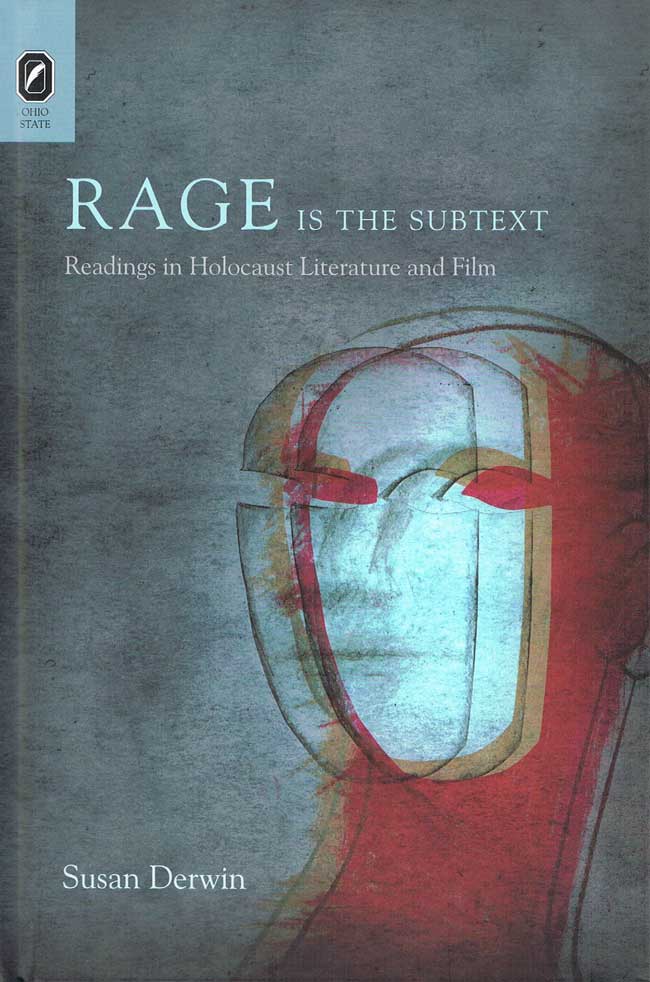Rage Is the SubtextReadings in Holocaust Literature and FilmSusan Derwin |
 4/182012 Literary Criticism/Jewish; Social Science/Jewish Studies 120 pp. 6x9  $39.95 cloth 978-0-8142-1184-7 Add cloth to shopping cart $14.95 CD 978-0-8142-9283-9 Add CD to shopping cart $19.95 paper 978-0-8142-5232-1 Add paper to shopping cart Shopping Cart Instructions Review/Change Shopping Cart & Check-out | |||
|
“Susan Derwin’s book has the potential to initiate a new debate in Holocaust studies that focuses on rage as a suppressed affect not only in the memoirs of survivors but also in critical discussions. Her focus on rage adds an important aspect to trauma studies, especially since the link between trauma and rage has been relegated to the margins of Holocaust studies and trauma studies more generally.” —Gabriele Schwab, Chancellor’s Professor of English and Comparative Literature at the University of California, Irvine “The book is difficult to put down. Susan Derwin has made an important contribution to psychoanalytic theory itself, and through her fine-grained textual analysis she encourages a rethinking of the long-term, cross-generational effects for Holocaust survivors. Rage Is the Subtext is a beautifully crafted book, one especially compelling because Derwin is so careful to relate the authors’ words to their personal biography.” —Jeffrey Prager, professor in sociology at the University of California, Los Angeles, and senior faculty and co-dean at the New Center for Psychoanalysis, Los Angeles Rage Is the Subtext: Readings in Holocaust Literature and Film charts the internal shifts of Holocaust survivors who tell their stories of suffering, loss, and endurance. Susan Derwin locates the healing effect of literary testimony in its capacity to openly represent certain of the survivor’s reactions to traumatic experience while simultaneously concealing from direct view other, more unsettling responses. Beneath the explicit concerns of works by Primo Levi, Saul Friedländer, Binjamin Wilkomirski, Imre Kertész, and Liliana Cavani, Derwin uncovers an unspoken reserve of rage, signs of which nonetheless remain legible in the specific formal properties of each text, such as narrative structure, imagery, and figural language. Drawing upon the analytic writings of D. W. Winnicott, Jean Améry, and others, Derwin traces the volatile affect encrypted in testimonial narrative to an experience of social abandonment, arguing that, postliberation, many survivors were beset by an irresolvable ambivalence regarding community: they blamed the community for having forsaken them during the Holocaust, yet they now needed the community to heal. In this context, bearing witness became a crucial activity, containing and metabolizing the survivor’s rage so that an engaged life could become possible.
| ||||


 Susan Derwin
Susan Derwin